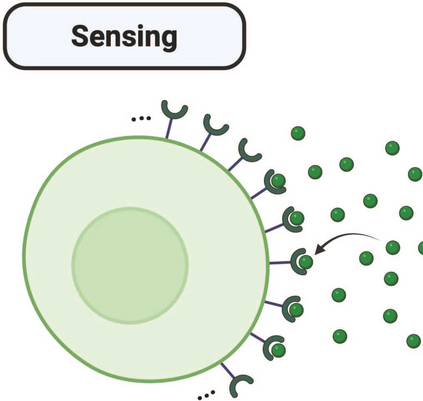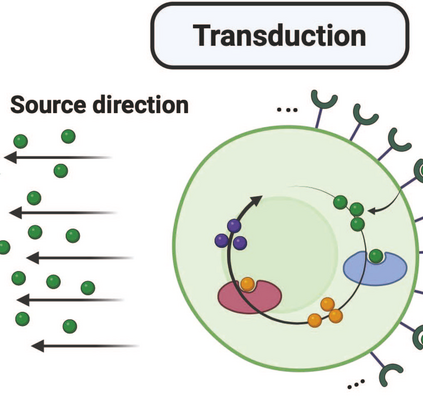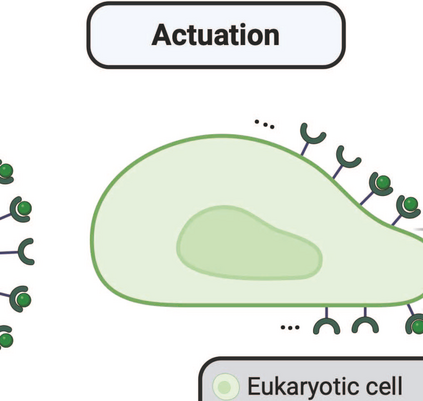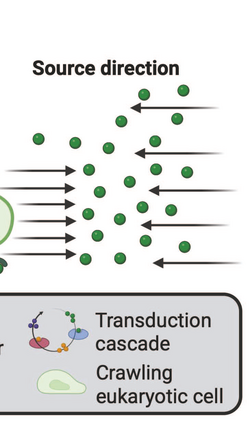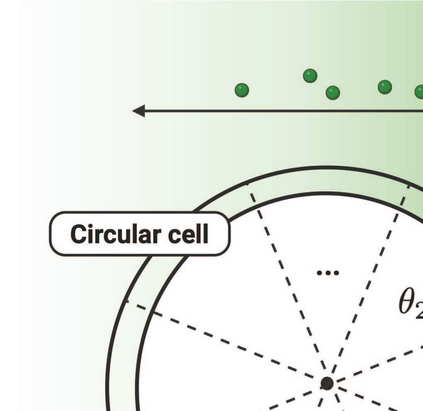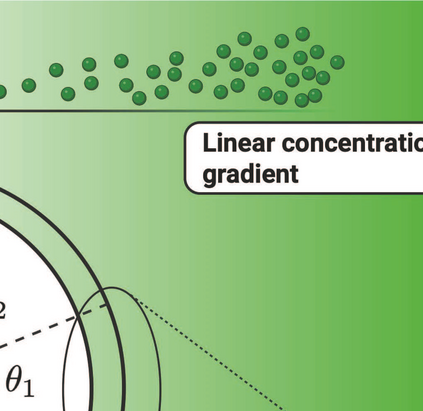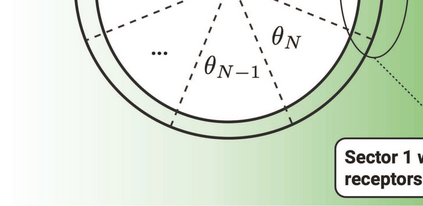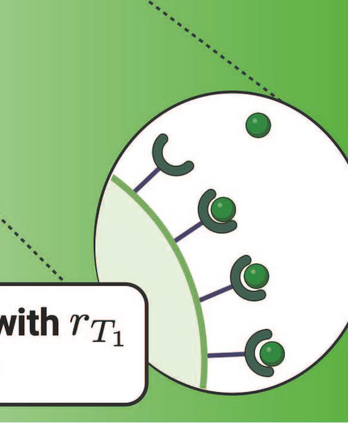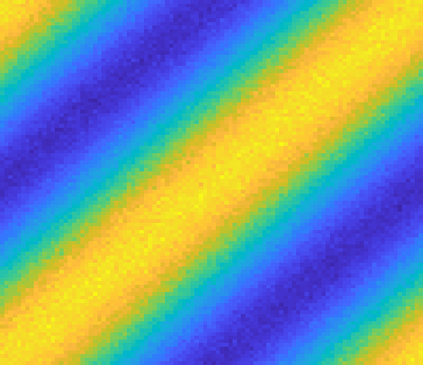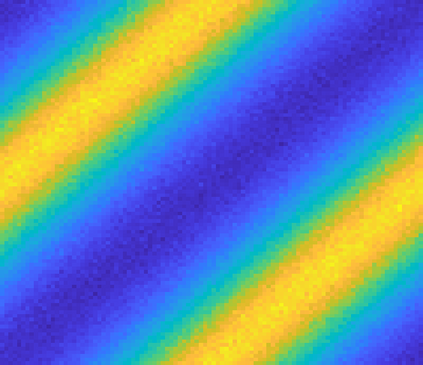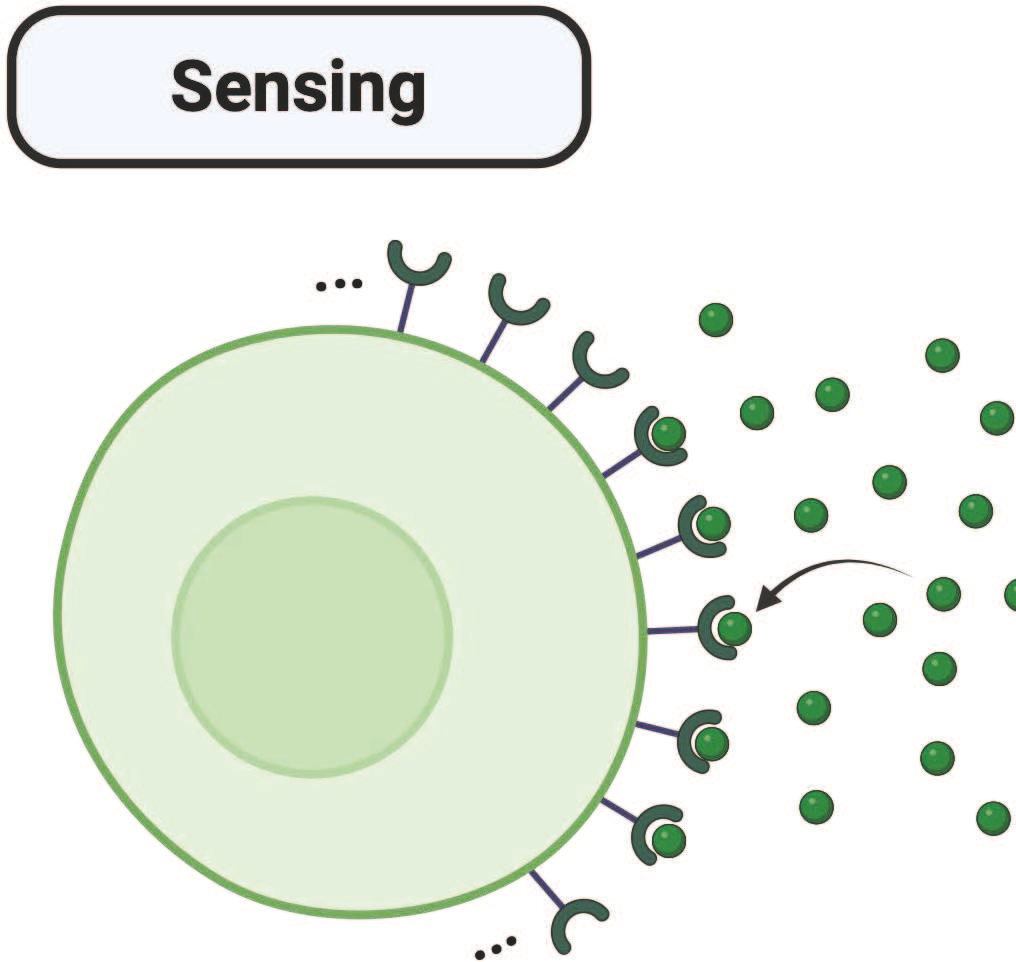Cellular intelligence enables cells to process environmental signals and make context-dependent decisions, as exemplified by chemotaxis, where cells navigate chemical gradients despite noisy signaling pathways. To investigate how cells deal with uncertainty, we apply an information-theoretic framework based on rate distortion theory (RDT). The Blahut-Arimoto algorithm (BAA) computes optimal decision strategies that minimize mutual information while satisfying distortion constraints, balancing sensing accuracy with distortion constraint equivalent to resource cost. We propose the inverse Blahut-Arimoto algorithm (IBAA) to compute the distortion function, which quantifies the system's decision-making criteria for realizing a decision strategy to map input signals to outputs. This general framework extends beyond chemotaxis to biological and engineered systems requiring efficient information processing under uncertainty. We validate the proposed IBAA by accurately estimating theoretical distortion functions in a cellular apoptosis scenario. Additionally, using the local excitation global inhibition (LEGI) model to simulate chemotactic responses, we compute the distortion functions from the cell's perspective. Our finding reveals a state-dependent decision criteria by the cell.
翻译:暂无翻译

